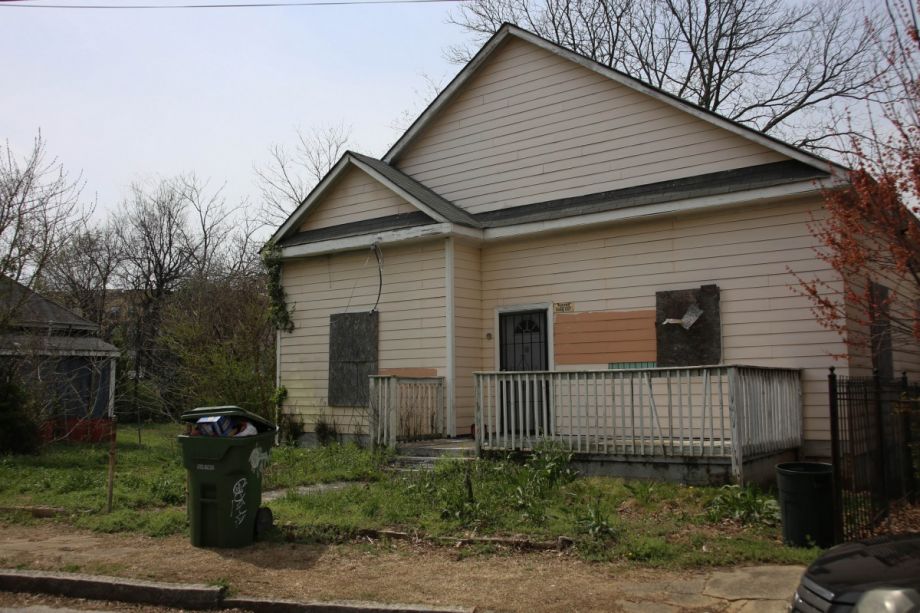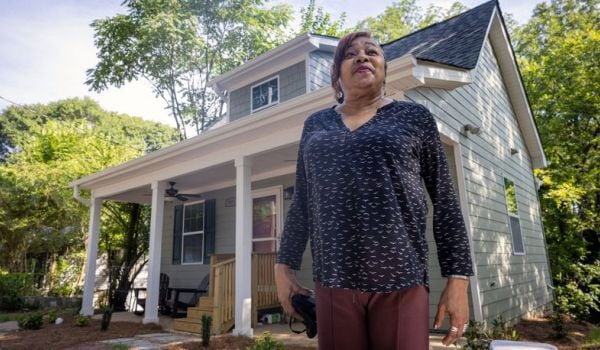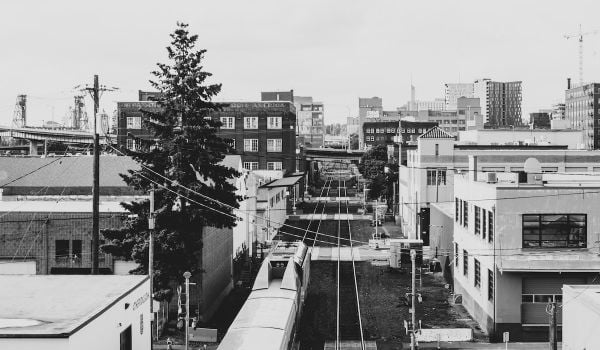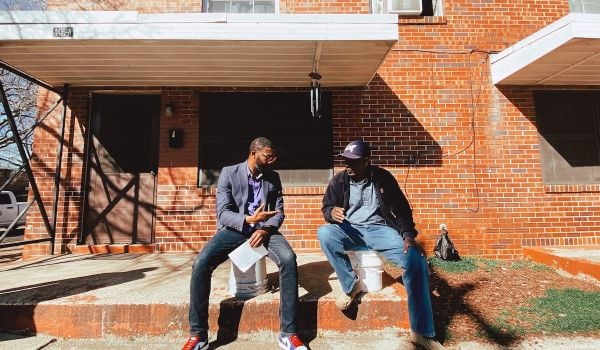Atlanta’s vacant and blighted properties are costing the city between $1.6 million and $2.9 million a year in direct services, according to a report by Georgia Tech professor Dan Immergluck, with even greater effects on property values and lost property tax revenue.
Services include police and fire dispatch costs, code enforcement and the Department of Corrections’ Clean and Close Project, which sends inmates of the city jail to clean vacant properties and board their doors and windows — which can significantly decrease neighborhood crime.
The analysis, “The Cost of Vacant and Blighted Properties in Atlanta: A Conservative Analysis of Service and Spillover Costs,” also estimates the impact of vacant homes on nearby property values. The report provides a “reasonable estimate” of a $153 million loss in single-family property values, with a “conservative estimate” of $55 million. These translate to a yearly decline in property tax revenue of between $985,000 and $2.7 million.
Immergluck repeatedly emphasizes that his estimates are conservative because the study only takes into account the impacts of vacant properties in poor or deteriorated condition. The report also only examines spillover effects on single-family properties up to 500 feet from abandoned homes, even though multi-family and commercial properties are also impacted, and previous studies have shown negative effects on property values up to 1,000 feet away or more.
To mitigate these impacts, Immergluck suggests Atlanta demolish abandoned homes, but with a mindful approach to the vacant lots they become. As other cities have discovered, just removing blighted houses will not increase property values or neighborhood safety. Poorly maintained vacant lots present challenges of their own, often becoming sites for illegal dumping.
Instead, Atlanta might consider Detroit’s approach, and allow homeowners to inexpensively purchase the lot next door.
Jen Kinney is a freelance writer and documentary photographer. Her work has also appeared in Philadelphia Magazine, High Country News online, and the Anchorage Press. She is currently a student of radio production at the Salt Institute of Documentary Studies. See her work at jakinney.com.
Follow Jen .(JavaScript must be enabled to view this email address)








_(1)_600_350_80_s_c1.JPG)







